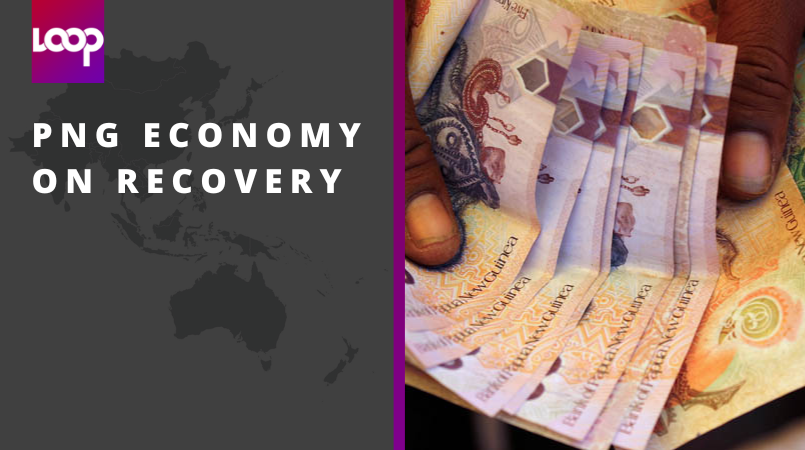
Papua New Guinea’s economy has recovered above its pre-pandemic GDP, with high commodity prices and the removal of COVID-19 restrictions accelerating economic growth to 4.5 percent for 2022.
According to the World Bank’s latest Economic Update, PNG’s fiscal deficit is estimated to have narrowed to 5.4 percent of GDP in 2022, compared to 6.8 percent in 2021 which reflects the Government’s continued fiscal consolidation and work to safeguard macroeconomic stability.
The World Bank Papua New Guinea Economic Update reports has recommended that the country must continue implementing its plan to reduce the budget deficit.
The report says that economic growth is expected to slow to 3.7 percent in 2023, due to lower global demand and supply constraints.
It suggests that medium-term plans for fiscal consolidation could become more challenging.
On the one hand, PNG’s needs for human capital (education, health and social protection) and infrastructure spending are substantial while on the other hand, substantial resource revenue boosts from commodity prices in the coming years are unlikely.
The World Bank report, subtitled Unlocking the Economic Benefits of Gender Equality, also makes a clear economic case for faster action on gender equality in PNG.
The report says that bridging the substantial difference between men’s and women’s participation in better, more productive paid employment could raise GDP per capita by an additional 20 percent in the space of a generation.
The report also finds that addressing gender-based violence could bring other substantial economic benefits – beyond the obvious improvement to social wellbeing for women in PNG.
The report estimates that annual productivity losses from absenteeism related to gender-based violence account for at least 0.5 percent of GDP, though the real cost is much higher.
The report recommends;
- A review of PNG’s Employment Act, including the removal of discriminatory employment clauses;
- Strengthened enforcement of the Family Protection Act;
- Genuine implementation of the National Strategy to Prevent and Respond to Gender-Based Violence; and
- The expansion of programs that support women’s employment through targeted outreach, upskilling and access to women’s employment networks.
